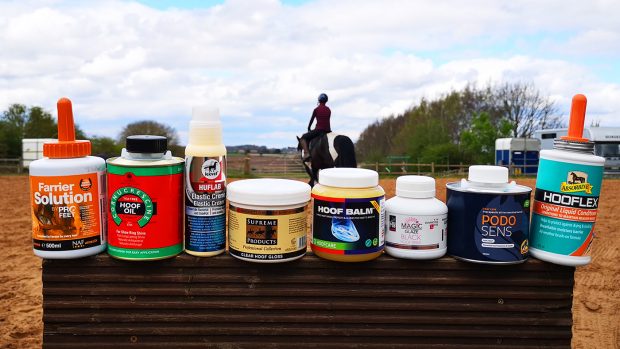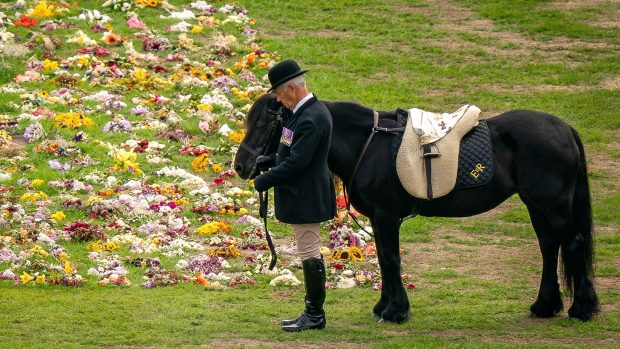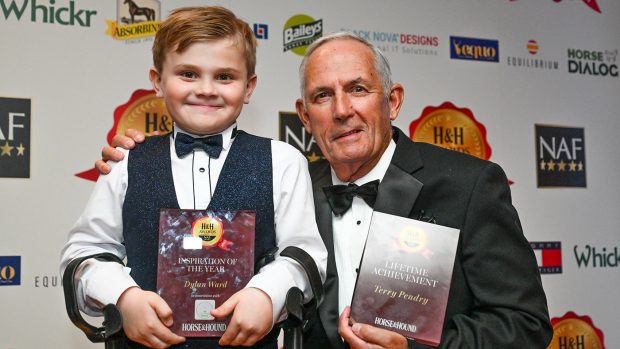Professor Renate Weller has been given an award for her presentation on quantifying hoof movement this week (2 March).
The talk titled “The pros and cons of various systems in quantifying foot movement” was voted one of the top four given at last year’s International Hoof-Care Summit.
With over 2,000 international delegates the summit is the biggest meeting of farriers in the world.
Professor Weller’s talk gave farriers practical tips about what to consider recording during horse movement.
She pointed out how quantifying hoof movement is essential in clinical and research work and also discussed the pros and cons of various methods of identifying movement. These ranged from low-end solutions to high-end research lab systems.
“I’m delighted that my presentation was so well-received,” said Professor Weller.
“My aim was to inform the farriery profession of the pros and cons of various methods of identifying movement. For example, smartphones, whilst they are easy and to-hand are not ideal as they can easily fool the human eye.”
Carl Bettison, a past master of the Worshipful Company of Farriers presented Professor Weller with the award at a half-day course on laminitis at the Royal Veterinary College’s (RVC) Hawkshead campus.
“I was lucky enough to attend the 2014 International Hoof Care Summit and listen to Renate’s presentations,” he said.
“Renate’s style of lecturing, which I would describe as relaxed, good humoured and informative, allows her to connect with farriers.”
At the laminitis course academics from the RVC presented on both the pathogenesis and bio-mechanics of the disease. The event culminated in a discussion on the latest practical applications for treatment and case studies.
The RVC has a long tradition of farriery research and is home to the largest animal locomotor research group in the world in its structure and motion lab.
A programme is underway to identify which individual horses and ponies are at an increased risk of suffering from pasture associated laminitis.
The pasture-associated laminitis research project is being supervised by the RVC’s vets Nicola Menzies-Gow and Jonathan Elliott.
For more information visit www.rvc.ac.uk




